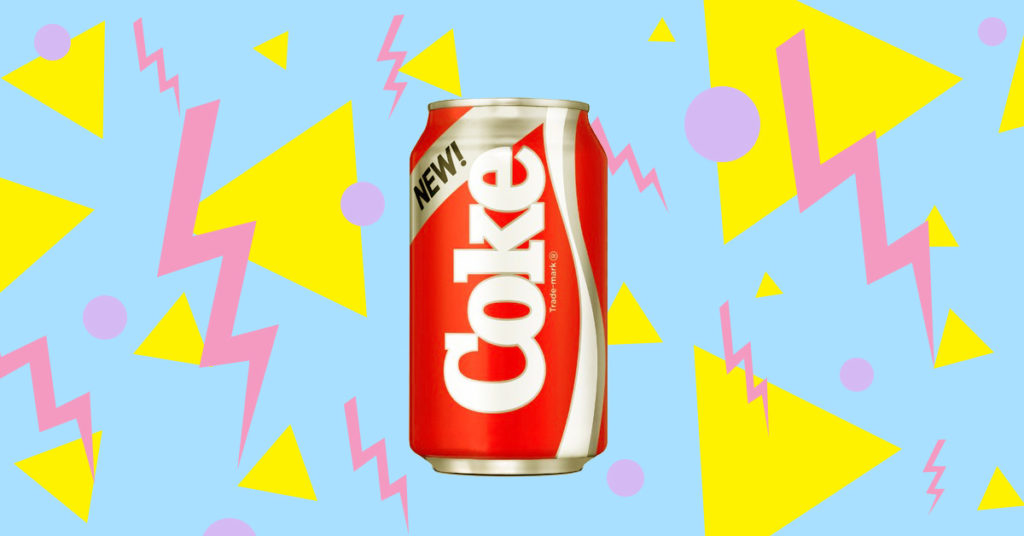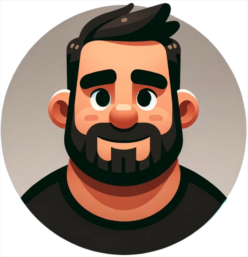
The emotion overwhelms me as I hop onto the bus. It’s a particularly hot day and all of the children around me are screaming from excitement. The air is damp and sweaty bodies touch each other as we board the bus. The smell of body odor is so rank that it’s hard to breathe; it is a typical day in Havana. The bus is bound for Pinar Del Rio and the last one of the day. I am upset because I have always wanted to go to Pinar for the beach, so then why are we taking this last bus? Through the happiness of the passengers, all I can see is the worried look on my moms face. “Mami, que te pasa?” I ask. She immediately barks back – “Callate nino. Para de preguntar preguntas”
This response has become the norm for the last fifteen months since my father left us. My uncle tells us that my father left for a job in Santiago. My aunts say he left us for another woman. My grandfather tells us that he will be back any days now. And my grandmother can’t even look at me when I ask her about it. It’s hard to believe anyone in those days, as there were so many changes happening all around us. The Soviet Union has collapsed; Cuba’s biggest aid following the embargo from the US. The food and social situation in Cuba has become dire. The lines to the supermarket are getting longer. People are waiting five hours just to get some “cafe”, “arroz con frijoles”, and “pan”. My mom says it is because the government doesn’t know what they are doing but all I care about is that we have pan in the morning; I love bread. We spend most nights starting at the news on TV; watching the endless reports of people trying to escape Cuba and failing to do so. It is quite common to hear of bodies being found in the ocean of those attempting to get to Miami. My brother says its all fake. That the government is making it up. There is so much hysteria and misinformation being disseminated. I didn’t know fake news existed back then.
My mother is quiet during the entire bus ride and says nothing, staring blankly into space. No expression. No talking. I can tell she is nervous about something. My brother and I look at each other with the ‘something is wrong’ look. The only words we hear her speak are “estoy bien” [I’m fine]. We both know she is not fine. As we pass San Cristobal, my mom finally breaks her silence and says, “Habre las manos y tomate esto.” [Open your hands and take this]. She hands each of us two white pills for us to consume. My brother, as always, obliges. I, however, have questions…. “What is this? Is it candy? Why does it look like a pill, if it’s candy? Is it a pill? A pill for what?” My mother’s response is a slap in the face followed by an additional pill for me to take.
From this moment on I can’t recall much of the remaining hours. There are glimpses of visions; in one I am being carried off the bus; in another I am in a bush next to my brother. Eventually I come to realize that my brother is holding me as he wipes blood from my nose. The smell of seawater and burnt tires is in the air all around us and I hear my mother yelling something; we are on a boat and all I can hear is yelling. There is an older man with us as well as two twin girls and I recognize them; they are friends of my father. I hear more yelling but I cannot quite understand what is being said. My head is pounding and when I try to open my mouth, my mother shoves two more of the white pills in my mouth. “Swallow!” she screams, “or I will make you swallow.”
I finally awake in a hospital bed with my brother sitting next to me. He is holding what appears to be a magazine with the words “Florida” on it. “Where are we?” I ask. “Estamos en la Yuma”. “Yuma” is the name that Cubans refer to as the United States. “What?” I shout. “Yeah, we are going to go see papi”. We had arrived in Key West Florida and under the current law at that time; any Cuban who touched land would be allowed to claim political asylum. We were one of those Cubans. Before I can comprehend what was happening, my mother walked into the room with a cop. I am taken back by this image, not by the cop (although he is really handsome), but by what he is holding in his hand. A. Bright. Red. Can. The cop speaks a strange Spanish and he and my mother begin talking about what will happen to us next. There is talk of a refugee home, some money they will lend us, and about how they have contacted my father. Through all of this, the only thing I can focus on is the bright red can that the police office is holding and drinking. “Que es eso?” (What is that?). He looks at me puzzled. “It’s a Coke,” he replies. “What is Coke?” He laughs and hands it to me. I take a sip. What happens in the next 30 seconds can only be described as the most sensational feeling in my mouth. I have never tasted anything like this before. “Can I keep this? I ask. “Yes. You can have as much as you want.” This response overwhelms me and I finally cry.
The next few days are a blur as we go from refuge home to refuge home. My mother kept arguing as to why they had not yet found my father. I honestly did not care. Everything around me felt so brand new. The smells. The colors. The people. There was air conditioning everywhere! Even now, the smell of new carpet takes me back to that time. I had never smelled carpet. But above all, I remember drinking Coke; this magical drink that in its own way represented safety, freedom, and America.
My father arrived four days later. My brother was over the moon and my mother was uncontrollable; she hugged my dad and cried for what seemed like forever. My father drove us from Key West to Miami and we went directly to a 24-hour supermarket. As we entered I remember the sight of that supermarket…THERE WAS FOOD EVERYWHERE, and I mean EVERYWHERE! I had never seen so much food in my life. My brother and I ran to the “candy-by-the-pound” tubs and like savages began shoving candy into our mouths. “You have to pay for that!!” my father yelled. Pay? This was “la Yuma”, land of free; I can shove as much candy in my mouth as I wanted.
As we packed eighty-nine bags of groceries into the back of a Toyota Corolla, my dad began to lecture. “Now that you are American’s, there are things you must know” As any immigrant child will tell you, expectations of immigrant parents, are a bitch. We were expected to:
- Get a job
- Go to school
- Learn to speak English
- Bring the family from Cuba
- Meet a girl
- Have children
- Raise a family
- Buy a house
- Buy a house for your parents
- Buy a house for your grandparents
- Buy a house for your wifes parents
It turned out, America wasn’t all it was cracked up to be.
It was not until high school that I began to see the crack in my parent’s “American Dream.” I knew early on that I was gay but coming out to my parents would be heartbreaking; not because they wouldn’t accept me, but because I would never achieve the things that they needed me to achieve. They constantly reminded my brother and I that they had a difficult life here. In Cuba, my father was a chemistry professor and my mother a nurse; but here, he was a truck driver and my mother was unemployed. Not having the Ensligh skills to continue their careers hurt them. And here I was, not appreciating any of that. It’s not that I didn’t want all these things; it’s just that I wanted to create my own path forward in this new land. I didn’t want to marry and have children and buy a house…”the American dream.” And telling them I was gay meant that I didn’t’ appreciate all the things they had sacrificed to bring my brother and I here. That somehow I was disrespecting my parents for not being grateful and appreciative of all they had given up in Cuba to bring us to America. Couldn’t I just remain “straight” and give my parents what they wanted?
The day I had the ‘talk” with my mom was about a week after I met my first boyfriend. I was so happy every time I saw him but my heart felt so heavy because I lied to her about it. So I decided to come clean.
“Mami, me gustan los hombres”. Latinos do not understand the word ”gay” and using the word “maricon” sounds even worse, so the easiest to say was…“I enjoy the company of men.” She sat there perplexed, as tears streamed down my face, and remained quiet. After what felt like an eternity, she finally said, “Do you want to be a hair dresser?”
“Um…no.” I replied. To which she said, “Well then, I don’t understand…” As I began to explain myself, she interrupted…”Mira niño!” She went on to tell me how I was not gay; that I was going through a phase, that I could be a “bugaron” [A “bugaron” being a man who is married to a woman and has children]; the wife knows, but they still maintain a life of “normalcy”, but when I told her I did not want this for me and that I wanted to love a man, she became angry. This is when she raised her voice and lectured me for twenty minutes about all she had given up to bring me, all of us, here. How I was being selfish by choosing to be gay…and all I could do was to sit there and listen. I was angry, I was sad, but above all else…I was silent. “oh so you have nothing to say?” she barked
I looked at her and thought of how disappointed she must be in me, of all things that she had planned for my life and all the dreams she had for her children. I imagined my mom holding us on that raft years before knowing that no matter what, her children would be in a better world and that they would have the life she never could. I thought of my father, risking his life year earlier on a raft full of nine men, working at a car wash and fixing broken vacuum cleaners to make ends meet. Yet having a masters education and giving that up for his children….and here I was, selfishly shattering that dream for my family.
With tears in my eyes and my heart in my throat, I could think of nothing more to calm me down and so I said…
“si, may I have a coke?”
